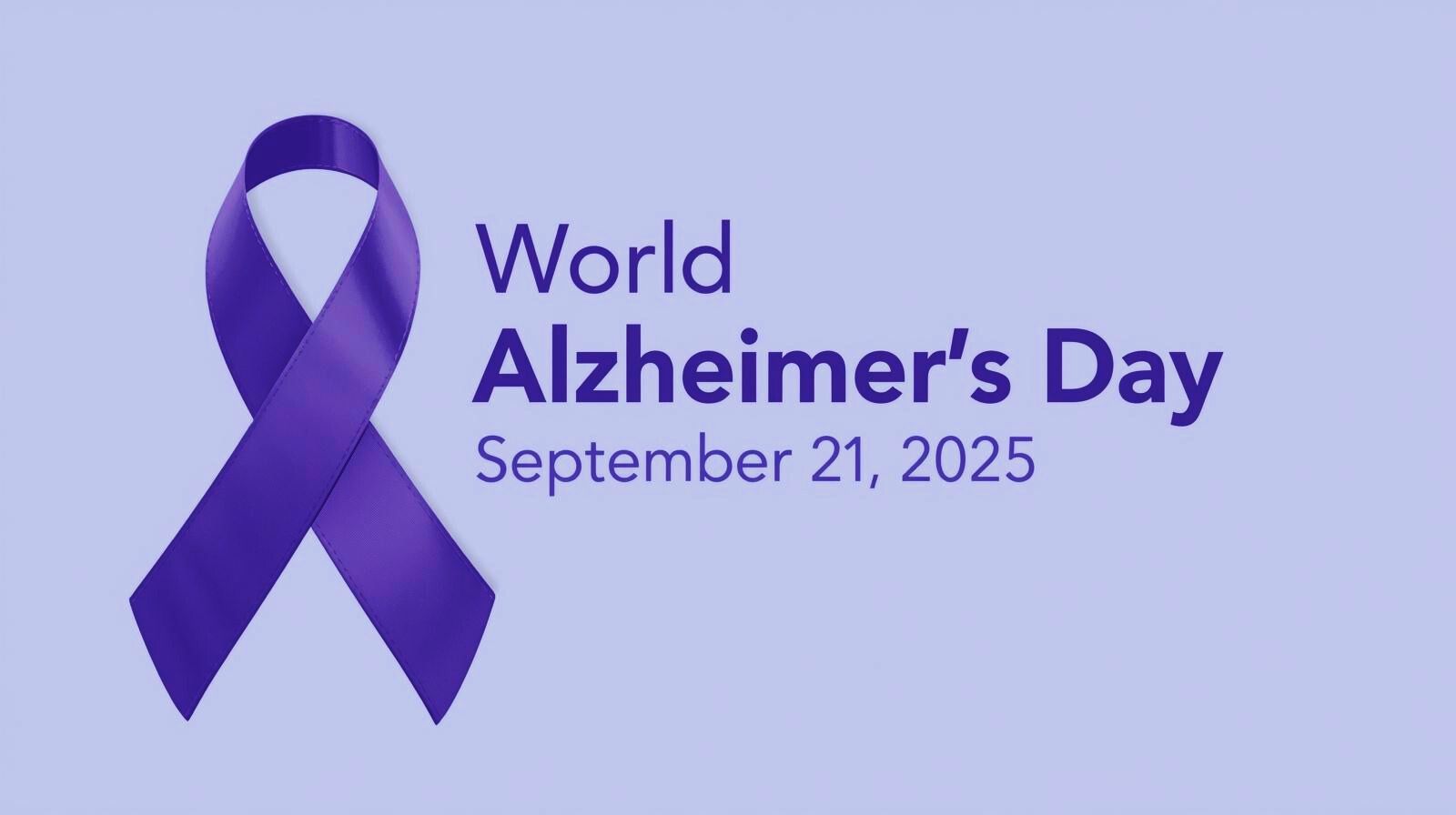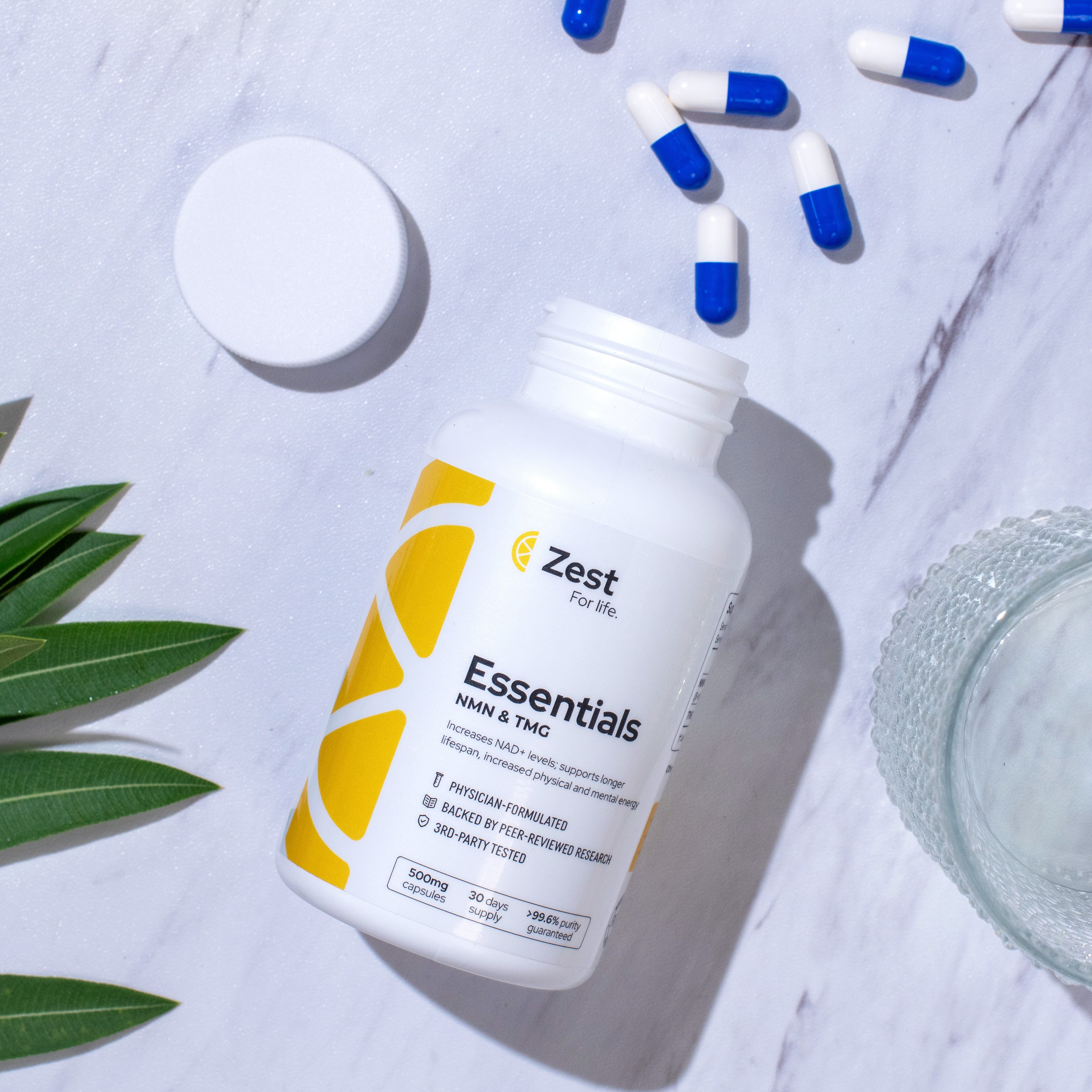How old are you? The importance of functional age

If someone asked you how old you are, how would you reply?
Most likely with the number you celebrated turning at your last birthday. This is what scientists refer to as chronological age. Although it’s the measure of age that we are most used to thinking about, and in many ways is a useful guide for what we can expect from our minds and bodies, it’s far from perfect.
A 60-year-old who has exercised regularly, eaten healthily and made other positive lifestyle choices throughout their life is likely to exhibit the physiological and cognitive attributes of someone younger than their chronological age, and the opposite will be true for a heavy smoker and drinker.
Biological age
When it comes to longevity, a much more valuable concept is biological age. Consider this: how old do you think your mind and body are in terms of their functional capabilities? Or how old would scientists estimate you to be if you had grown up in isolation and didn't know your actual age? This is your biological age.
While the concept is simple enough to understand, accurately measuring biological age is a lot more difficult than conceptualising it. Longevity researchers are especially interested in developing accurate biological age tests, since it is almost impossible to determine the impact of a new drug or intervention on human lifespan without a proxy measurement for age (or we’d be waiting 50-100 years for clinical trial results!).
The biological age calculators that have seen the most growth in recent years are epigenetic clocks. These work by analysing the patterns of tiny chemical marks that are left on your DNA (more specifically, methylation at CpG sites). The build up of these marks in particular locations has been shown to correlate with chronological age, but also with age-related decline and an increased risk of mortality and chronic disease. While these tests were initially developed purely for research, they have become increasingly popular with at-home longevity enthusiasts. [1]
However, there are a number of issues with epigenetic clocks:
- No one yet understands the link between age-related decline and the marks on DNA that are used to calculate epigenetic age, meaning scientists are still not quite sure what epigenetic clocks are measuring.
- Epigenetic age doesn’t consistently change in response to interventions that are known to have a positive effect on longevity such as prolonged exercise protocols and calorie restriction. [2, 3]
- Epigenetic clocks do not effectively reflect functional capabilities, particularly in younger, healthier people, with numerous studies failing to demonstrate that a lower epigenetic age is linked to improvements in cardiorespiratory fitness, walking speed, muscle strength and various other measures. [4 5 6]
- Measuring your epigenetic age is very expensive, at an average of around $700 USD for a single test.
Introducing: Zest functional age calculation
At Zest, we feel the limitations of the current biological age calculations represents a large gap in longevity research. We are solving this by developing our own bespoke functional age calculation.
Your functional age is your biological age as determined by the degree of age-related decline in your mind, body and overall physiology, compared to what would be expected for someone of your chronological age. It is a concept which is inherently linked to what you are able to achieve and how healthy and young you feel, which is arguably far more important to your lived experience than the cellular detail measured by epigenetic clocks. Determining functional capacity is a key part of clinical decision making and diagnosis in the care of the elderly, in the form of tests of gait speed, cognitive function or general frailty, but very few of the measures used are relevant for younger, healthier people. Therefore, there is a need for a new calculation for functional age developed with young, fit people at the focus.
We are currently developing an AI-powered functional age calculation that will use a mix of functional metrics across three domains: blood biomarkers, digital biomarkers and functional biomarkers.
The blood biomarkers comprise eight measures that we have found to be most closely correlated with lifespan and healthspan in our research while also being accessible via a home finger prick blood test. The digital biomarkers include values such as VO2max, maximum heart rate, heart rate variability (HRV) and sleep quality, all of which have known variation with healthspan and age. Finally, our functional biomarkers include measurements such as grip strength and markers of cognitive function like the digit span memory test and sequence memory test to accurately reflect physical and cognitive functionality. We have developed our model using over 200,000 data points for each biomarker that combine to give a measure that reflects what exactly your mind and body are capable of.

Our calculation will:
- Provide an accurate measure of the extent to which your body and mind has aged, as determined by your physical and mental abilities and physiological health.
- Correlate with your own lived experience, so that any changes you see in your functional age will be reflected in how you feel and what you are capable of.
- Change in response to effective short- to medium-term lifestyle interventions (or lapses into unhealthy habits).
- Provide detail into which aspects and systems of your body are aging well and which need attention, allowing you to make informed choices about which lifestyle interventions you should implement.
Be sure to follow us on Instagram and Twitter as well as subscribing to our mailing list below to stay up to date on the new features.






